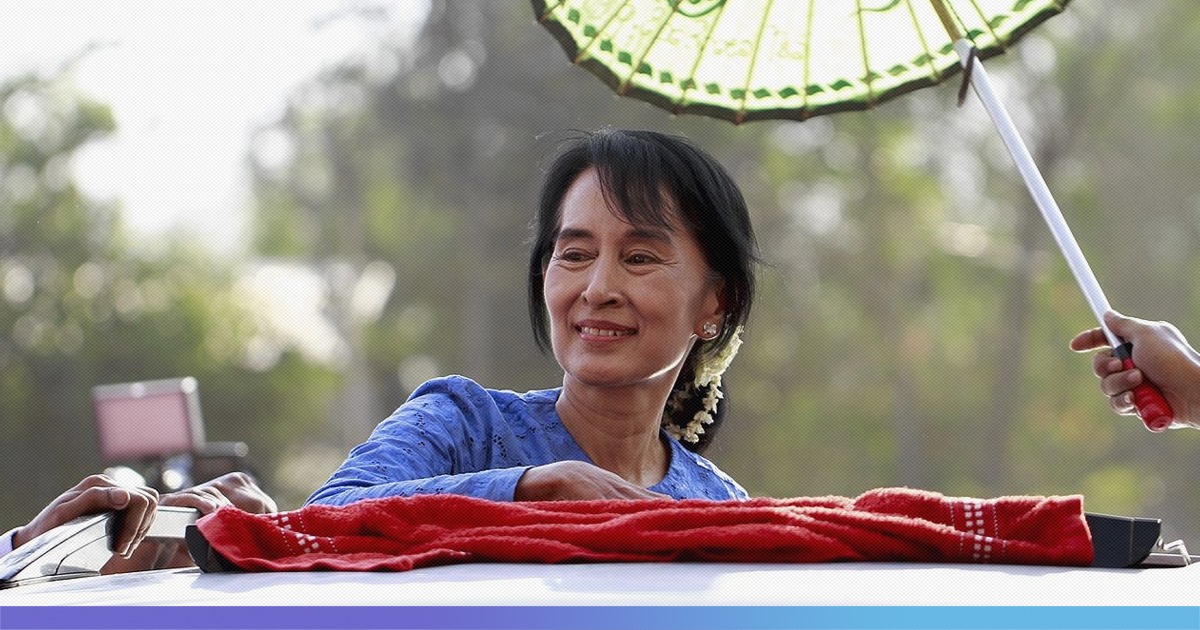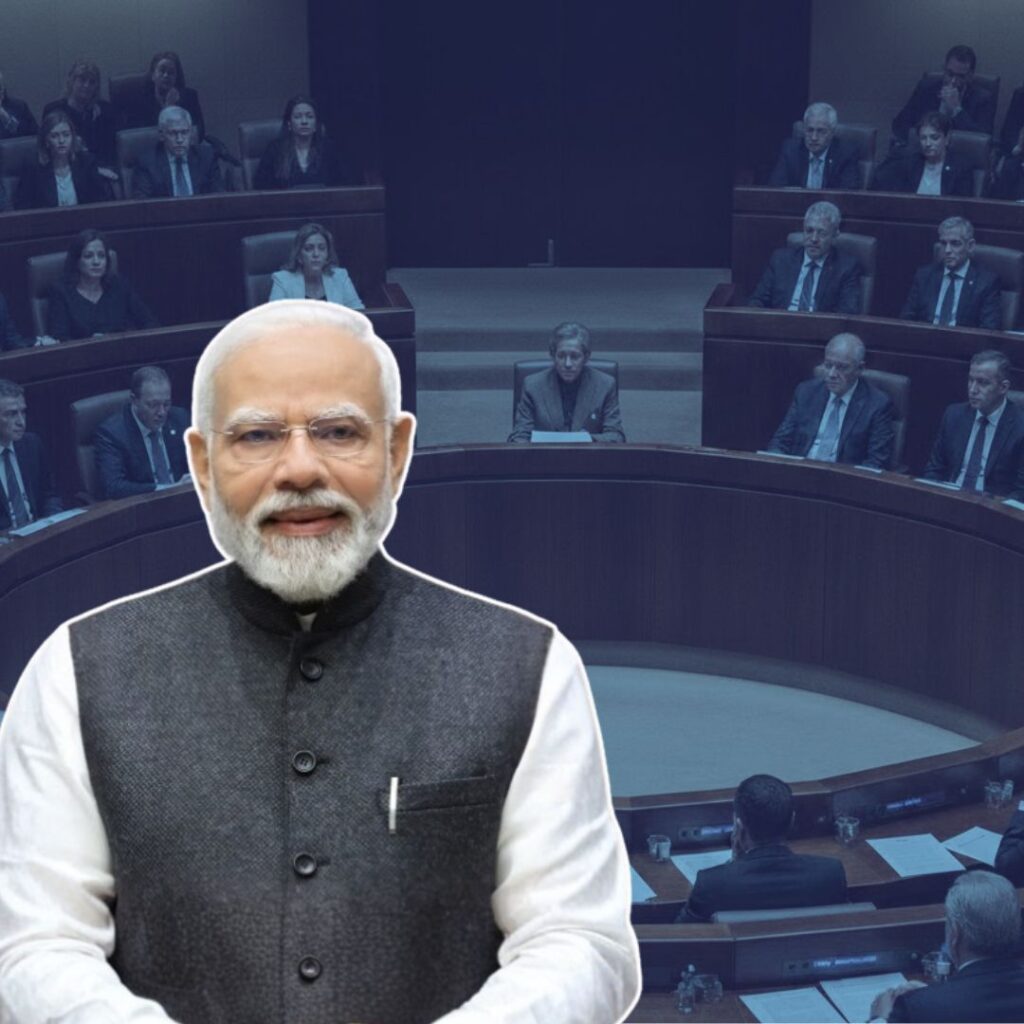Gambia’s Foreign Minister has criticised Myanmar state head, Aung San Suu Kyi, for her “silence” on atrocities against Rohingya Muslims at the International Court of Justice on December 11, Wednesday. “I saw genocide written all over these (Rohingya) stories,” he said.
Nobel laureate Suu Kyi, who decided to lead her country’s delegation of lawyers at the ICJ, defended her government at the court by calling the allegations of genocide, as “incomplete and misleading,” reported CNN.
The details of the “genocidal acts” carried out by the Myanmar state, including mass shootings, torture, rape, throat slittings, and burning down of villages in order to systematically destroy the Rohingyas as a group — were laid down by the lawyers of The Gambia. They filed the case in the ICJ on behalf of the Organisation of Islamic Cooperation.
In front of 17 judges, Suu Kyi defended the actions of the military and the state. She said that the army was defending the “sovereignty and security of Myanmar” which had come under threat due to Rohingya Muslims.
She further explained that the military was retaliating to the targeted and coordinated attacks made by Rohingya insurgent group Arakan Rohingya Salvation Army (ARSA) on the police and the military outposts.
Although she didn’t use the term Rohingya but conceded that “it cannot be ruled out that disproportionate force was used by members of the defence services in some cases, in disregard of international humanitarian law, or that they did not distinguish clearly enough between fighters and civilians,” quoted in The Guardian. However, she argued, that “disproportionate force” doesn’t amount to genocide.
On Thursday, in her closing remarks, she said, “steps that generate suspicions, sow doubts or create resentments between communities who have just begin to build the fragile foundation of trust could undermine reconciliation,” quoted in BBC.
She told the judges, “I pray that the decision you make with the wisdom and vision of justice will help us to create unity out of diversity.”
Political experts feel that her presence at the ICJ may help her in augmenting political support ahead of elections in 2020.
Who Are Rohingyas?
Rohingyas are an ethnic Muslim community living in the Rakhine state of Myanmar. Myanmar — a Buddhist dominated country — considers them illegal immigrants and has denied them citizenship.
In 2017, the state military launched a massive crackdown against the Rohingyas and the insurgent group ARSA. Since then, more than a million Rohingyas have been displaced and have sought refuge in neighbouring countries of Bangladesh, India, Malaysia, and Pakistan. USA, UAE and Saudi Arabia have also given shelter to Rohingyas.
Also Read: Two Dead, Nine Injured, Shops Vandalized: Assam’s Protest Against CAB Intensifies












